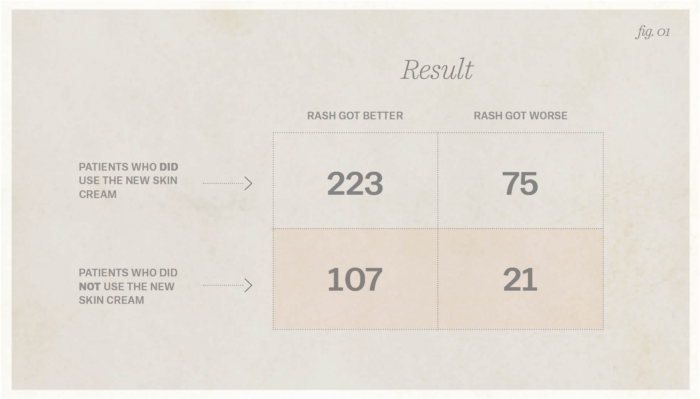Intuitionism in Practice: How the Village Square puts Relationships First
Our friends at the Village Square recently wrote an article about how they have been able to bridge partisan divides in their community, based on their experiences at numerous community dinners they put on in their neighborhoods. Their experience dovetails nicely with what has been found in academic psychology, specifically that any type of attitude change requires appealing to the intuitive side of individuals, in addition to the rational side. Accordingly, their “irreverently named programs are part civic forum, part entertainment” where they seek first to build relationships to open people’s minds, before attempting to get people to rationally understand the other sides’ arguments. From the article:
In “The Big Sort: Why the Clustering of Like-minded America is Tearing Us Apart,” Bill Bishop documents how, in nearly all aspects of life, we’ve become less connected to those who don’t share our views – in the churches we go to, the clubs we join, the neighborhoods we live in.
No longer engaging across the aisle with neighbors, there’s little to mitigate the human tendency toward tribalism. Once we’ve demonized each other, the simple act of talking is tantamount to negotiating with evil.
…
To address this challenge, our irreverently named programs are part civic forum, part entertainment. Each event is casual (the stage is set up to feel like the facilitator’s living room) and involves sharing food. As we begin, we give out two “civility bells,” ask that the audience avoid tribal “team clapping,” and share a quote to inspire our better angels. We welcome fluid audience participation and always try to laugh.
…
Since we first imagined The Village Square, we have repeatedly returned to the same conclusion: We can’t wait around for Washington to lead on this. It’s in our hometowns, where we carpool to softball games and borrow cups of sugar, where we can most easily have the conversations democracy requires of us.
Recently, there has been a lot of re-examination of social science findings that may or may not replicate, especially in real-world environments. The fact that social science research that emphasizes the importance of personal relationships in changing attitudes has found real world application and validation is comforting for those of us who would like to leverage this research in reducing morally laden conflicts. Those of us who would like to mitigate the natural animosity that arises when competing groups are formed would do well to follow the Village Square’s lead and put relationships first.
– Ravi Iyer


